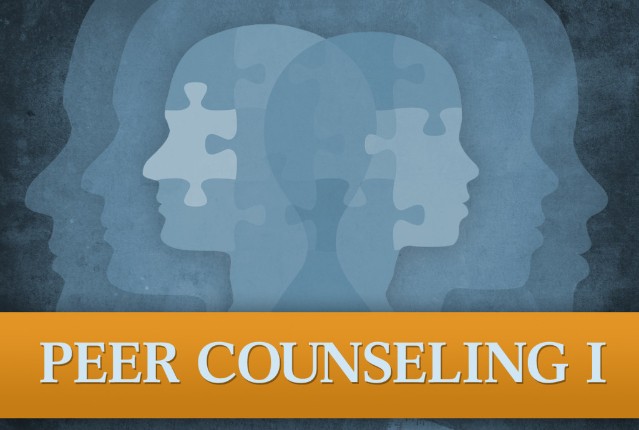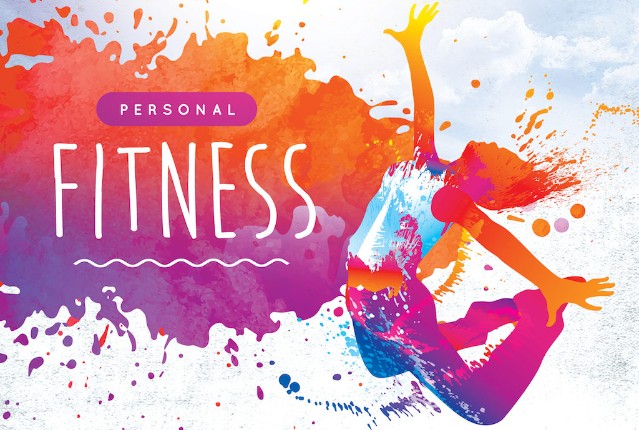Peer counselors are often called upon to lead peer groups. The groups may be educational, supportive, or social. Counseling groups have many benefits, such as providing hope, information, social growth, and a sense of belonging. Leaders keep the group running according to its purpose and plan and maintain a safe, respectful group environment. They facilitate sharing and discussion and employ counseling tools to assist withdrawn, disruptive, or distressed individuals. Members are guided through the three stages of group development: orientation, groundwork, and cohesion.
What will you learn in this unit?
- Educate others regarding the benefits of participating in counseling groups.
- Describe three types of peer counseling groups and the primary focus of each type.
- Provide a general job description of a group facilitator.
- Name three group stages of development and discuss the expected behaviors of group members during each of the stages.
- Define group cohesion, and name two or more ways to facilitate group cohesion during each stage of group development.
- Identify six problems that may arise during group sessions and suggest one or two ways of addressing each one.





